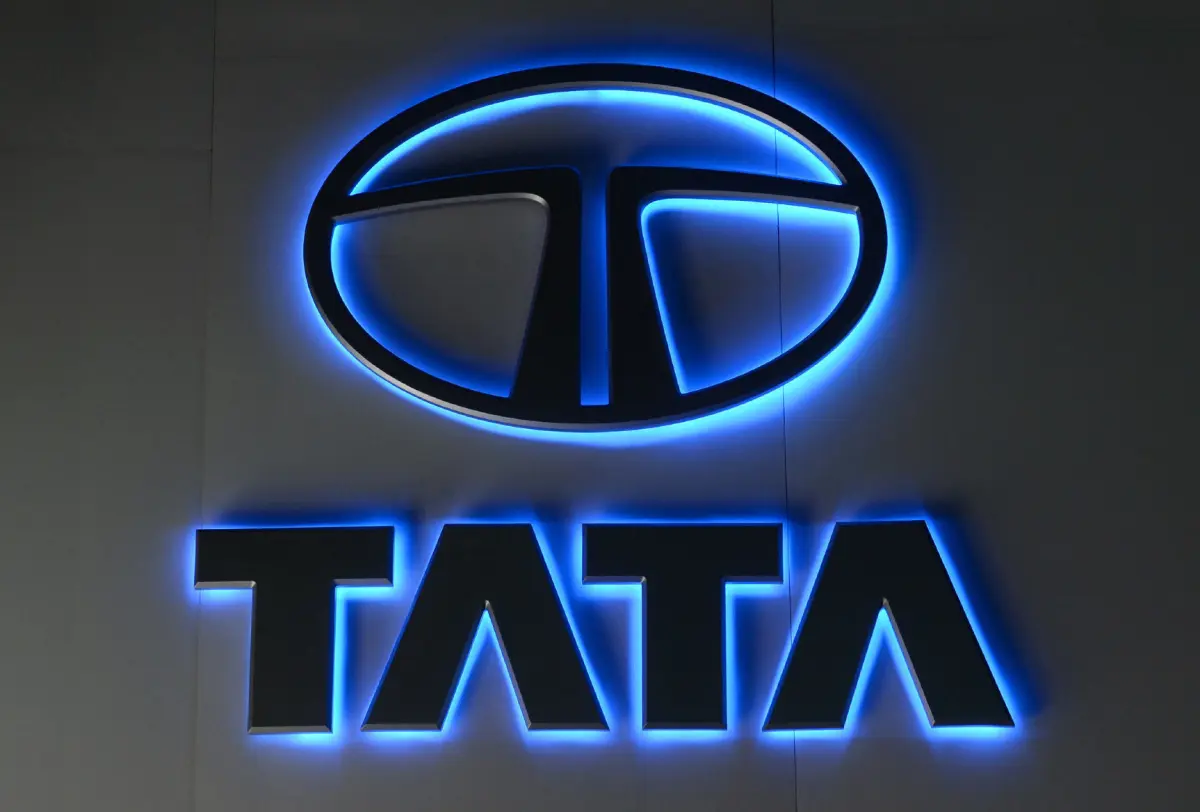A gigafactory to produce batteries will be built in Britain, according to an announcement made on Wednesday by the Indian giant Tata Group, as countries move swiftly away from fossil fuel-powered vehicles. Tata will build its first gigafactory outside of India at the £4 billion facility in the southwest English county of Somerset.
According to reports, the UK outbid Spain for the project, which is expected to generate thousands of employment. With a 40 gigawatt-hour capacity, the UK facility will grow to be one of Europe’s largest battery-cell production facilities, according to a statement from Tata.
The declaration, which came just before three important by-elections in England, including one in Somerset, was a huge boost for Britain’s Conservative Prime Minister Rishi Sunak. According to the head of the company, N. Chandrasekaran, “Tata Group will establish one of Europe’s largest battery cell manufacturing facilities in the UK.” “Our multi-billion pound investment will provide the nation with cutting edge technology.”

Tata’s global transition
It was planned for production to start in 2026, generating up to 4,000 employees directly and thousands more throughout the supply chain. According to the British government, the factory will contribute nearly half of the nation’s required battery manufacturing by 2030, giving the UK’s automotive industry a substantial boost.
Future battery-electric JLR models from the Range Rover, Defender, Discovery, and Jaguar brands will be supplied by the gigafactory, which may also supply models from other automakers.
“Tata group’s choice to build its latest gigafactory here in the UK…is a huge vote of confidence in Britain,” continued Sunak. “This will be among the biggest investments ever made in the UK automotive industry.
“It will not only strengthen our leadership in the global transition to electric vehicles and create thousands of skilled jobs for Britons across the country, but it will also help our economy grow in the clean industries of the future.”
The UK has a long-standing ambition to reach net zero carbon emissions by 2050 to aid in the fight against climate change, and part of that goal is to phase out new diesel and petrol vehicles.
The announcement was hailed as a “significant moment for the UK car industry” by Greenpeace’s senior climate campaigner Paul Morozzo.
According to him, it showed “that the government has finally started the engine in the global race for clean technology, while others are speeding ahead.” However, Morozzo emphasised that the UK government must adhere to its 2030 aim.
Regardless of the planned gigafactory, failing to do so would mean saying goodbye to any significant electric vehicle manufacturing industry in the UK, he warned, putting domestic auto production as a whole in peril.
The launch of the Tata gigafactory was hailed as good news by Professor Pam Thomas, director of the Faraday Institution, a battery-focused research organisation. She did, however, issue a warning: “For the UK to participate in the ongoing and competitive global race and fully support its electric ambitions across multiple sectors and next-generation technologies, the need for long-term focus, research, and investment remains critical.”
The amount of state assistance provided to entice the investment has not been verified by Tata or the UK government, who described the topic as “commercially sensitive.”
In order to force its primarily foreign-owned automakers to move to electric models and spur investment in battery production, Britain proposes to outlaw the sale of new, highly polluting diesel and petrol vehicles starting in 2030.
In 2021, Japanese auto giant Nissan and Chinese battery juggernaut Envision jointly announced investments totalling £1 billion for a gigafactory producing batteries on the site of their massive automobile plant in Sunderland, northeast England.
Britishvolt, a company with plans to build a gigafactory in the UK for electric vehicle batteries, fell bankrupt earlier this year and was saved by Recharge Industries of Australia.

